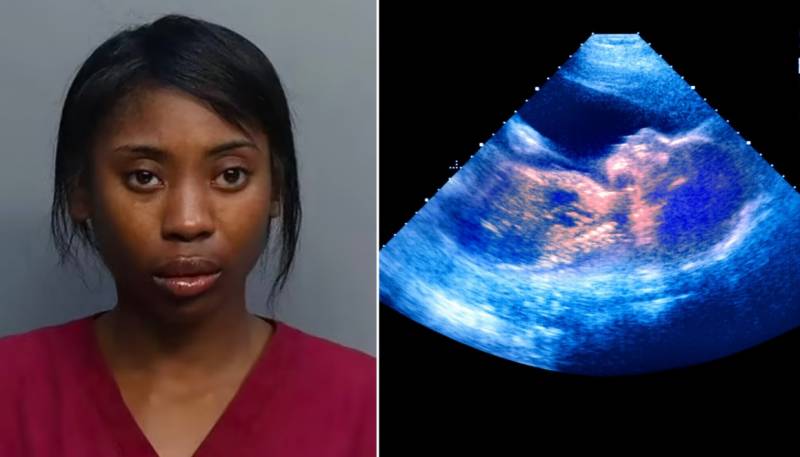A Florida court rejected the release petition of a pregnant murder defendant who claimed her unborn child was innocent of the accusations placed on her.
The Florida Third District Court of Appeal dismissed the appeal filed on behalf of Natalia Harrell's fetus without prejudice, according to a ruling acquired by AFP on Tuesday. The court noted that issues still needed to be resolved in a lower court but did not decide on the case's legal viability.
In its ruling on Friday, the court ruled that "given the insufficient record in this case," it could not "completely decide whether the unborn child has the standing to present the petition before us."

After fatally killing another woman in Miami in July of last year while riding in an Uber, Harrell, 24, has been in jail for approximately seven months and is facing murder charges.
Did you read this?
Harrell was six weeks pregnant by the time she was taken to jail.
She entered a plea of innocence, claiming she acted in self-defence.
The fetus "has not done any crime," despite being held in "deplorable conditions," according to Harrell's petition, and if help is not given, it will "likely be born into this world on the concrete floor of the prison cell."
In a dissenting opinion, Judge Monica Gordo stated that the matter lacked a legal foundation, even though she agreed with the court's decision to dismiss the petition.
Gordo said the mother's "argument is nothing more than an attempt to exploit her unborn child as a grounds for being released from lawful detention."
The judge said, "No more could the woman be charged with kidnapping across state lines if she elected to visit her grandmother in Georgia while eight months pregnant," as the government could not be accused of illegally holding the unborn child in this scenario.
Last June in Texas, a pregnant lady argued that her foetus child should be counted as a second passenger when she was given a ticket for driving in a high-occupancy carpool lane. Her ticket was rendered invalid.
The case attracted international attention because of its timing—just five days after the US Supreme Court rejected Roe v. Wade's defence of the right to an abortion.












